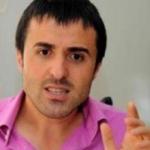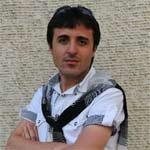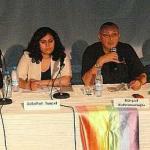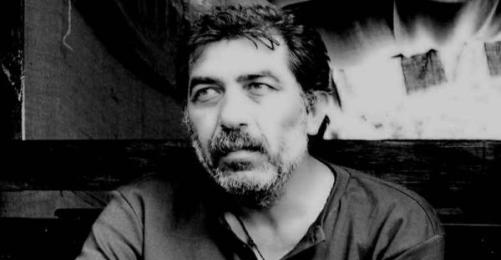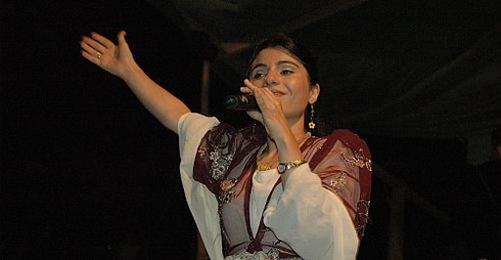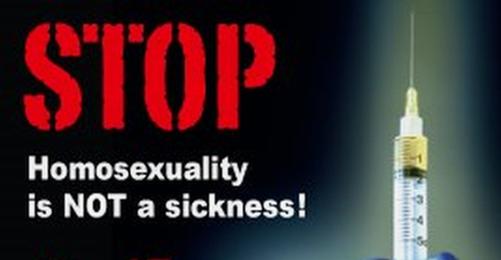Football referee Halil İbrahim Dinçdağ had declared his homosexuality in order to be exempt from military service.
However, according to Article 25 of Turkey's Football Federation's Central Referees' Board regulations, someone who is exempt from military service for health reasons cannot become a referee.
Dinçdağ explained his situation to the board, but he was not given a post.
The case was leaked to the media, and although his name was not used, the details given were enough to identify him.
He then decided to speak about his experiences on Habertürk's "Tele Gol" programme, hosted by Ahmet Çakar. His face was blurred and his initials were used.
During the live programme, the referee asked for the blurring to be removed and for his full name to be given.
In the programme he appealed to other referees to protest against injustices.
Güner: He will still face discrimination
While the Central Referees' Board has now announced that the referee will be granted his professional rights, Umut Güner from the gay rights Kaos GL association says that the referee will face problems:
"Dinçdağ experienced problems because of his sexual orientation, and he was forced to declare his homosexuality. What he experienced cannot be made up for by handing him his professional rights."
Güner added, "Even if we consider this problem solved, there needs to be legislation to protect lesbians, gays, bisexuals, transvestites and transgender individuals (LGBTT) against discrimination at the work place."
Gay rights groups have lobbed for Article 10 of the Turkish Constitution, which deals with equality before the law, to include a ban on discrimation according to sexual orientation or gender identity.
"As long as the state of Turkey does not protect LGBTT citizens from discrimination, they will be dismissed from work, their promotion will be obstructed, and they will not be hired."
The activist emphasised that it was at the workplace that LGBTT individuals faced most discrimination.
New legislation needed
Apart from a general anti-discrimination law, he also called for a law against hate crimes. He also emphasised the importance of educational programmes to deal with homphobic ideology, to be implemented from primary school onwards. (BÇ/AG)





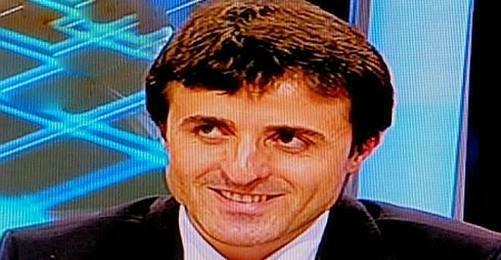
kkk.jpg)
